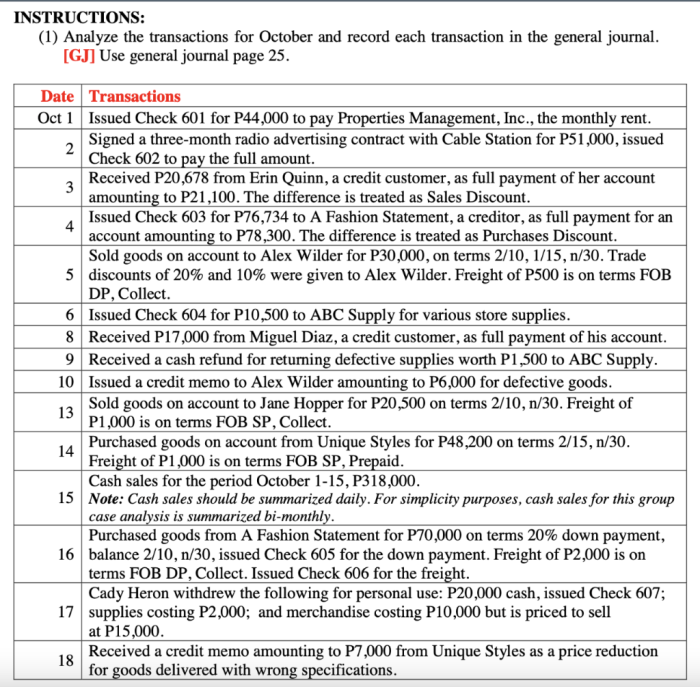Unveiling the realities of cash advances answers, this comprehensive guide delves into the financial implications, alternatives, legal considerations, and responsible use of this short-term lending option. By shedding light on the often-overlooked aspects of cash advances, we empower individuals to make informed decisions and navigate the complexities of accessing quick cash.
From understanding the exorbitant interest rates and fees associated with cash advances to exploring viable alternatives like personal loans and credit cards, this discussion provides a holistic perspective on the subject matter. Additionally, we examine the legal and ethical concerns surrounding predatory lending practices and offer practical tips for utilizing cash advances responsibly.
Financial Consequences of Cash Advances

Cash advances come with high interest rates, typically ranging from 30% to 50% or more annually. These rates are significantly higher than those charged on personal loans or credit cards, making cash advances an expensive way to borrow money. For example, a $100 cash advance with a 36% annual interest rate would cost $30 in interest if paid off over one year.
If the cash advance is not paid off within the grace period, the interest charges can accumulate quickly, leading to a debt trap.
In addition to high interest rates, cash advances often come with fees. These fees can include a flat fee for the transaction, a percentage of the amount advanced, or both. Fees can range from $5 to $30 or more, further increasing the cost of borrowing.
For example, a $100 cash advance with a $10 fee would cost an additional $10, bringing the total cost of the loan to $40.
Cash advances can also negatively impact credit scores. When you take out a cash advance, the amount of the advance is added to your credit card balance. This can increase your credit utilization ratio, which is the percentage of your total available credit that you are using.
A high credit utilization ratio can lower your credit score, making it more difficult to qualify for loans or other forms of credit in the future.
Alternatives to Cash Advances: Realities Of Cash Advances Answers

There are several alternatives to cash advances that may be more affordable and less damaging to your credit. These alternatives include:
- Personal loans:Personal loans are unsecured loans that can be used for any purpose, including covering unexpected expenses. Personal loans typically have lower interest rates than cash advances and can be repaid over a longer period of time, making them a more affordable option for larger expenses.
- Credit cards:Credit cards can be used to make purchases or withdraw cash. While credit card interest rates are typically higher than personal loan rates, they are still lower than cash advance rates. Additionally, credit cards offer rewards programs that can help you save money on purchases.
- Overdraft protection:Overdraft protection allows you to overdraw your checking account up to a certain limit. Overdraft protection fees are typically lower than cash advance fees, but they can still be expensive. Additionally, overdraft protection can damage your credit score if you overdraw your account too often.
When choosing an alternative to cash advances, it is important to compare the costs and benefits of each option. Consider the interest rate, fees, and repayment terms of each option before making a decision.
Legal and Ethical Considerations
There are several legal and ethical considerations surrounding cash advances. These considerations include:
- Usury laws:Usury laws set limits on the amount of interest that can be charged on loans. Cash advance interest rates often exceed these limits, making them illegal in some states.
- Predatory lending:Predatory lending is a practice in which lenders target vulnerable borrowers with high-interest loans that they cannot afford. Payday loans and other short-term cash advances are often considered predatory loans.
- Consumer protection laws:There are several consumer protection laws that aim to protect borrowers from cash advance abuses. These laws include the Truth in Lending Act, the Fair Credit Reporting Act, and the Dodd-Frank Wall Street Reform and Consumer Protection Act.
If you are considering taking out a cash advance, it is important to be aware of the legal and ethical considerations involved. Make sure you understand the terms of the loan and that you are not being taken advantage of.
Responsible Use of Cash Advances
If you must take out a cash advance, there are several steps you can take to use it responsibly. These steps include:
- Only borrow what you need:Do not borrow more than you can afford to repay. Remember, cash advances come with high interest rates, so you will end up paying more in the long run if you borrow more than you need.
- Repay your loan on time:Make sure you repay your cash advance on time to avoid late fees and damage to your credit score.
- Avoid taking out multiple cash advances:If you take out multiple cash advances, you will end up paying more in interest and fees. Try to consolidate your debt into a single loan with a lower interest rate.
- Consider other options:Before taking out a cash advance, consider other options such as personal loans, credit cards, or overdraft protection. These options may be more affordable and less damaging to your credit.
By following these steps, you can use cash advances responsibly and avoid the pitfalls associated with them.
Detailed FAQs
What are the primary financial consequences of obtaining a cash advance?
Cash advances typically carry high interest rates and fees, which can accumulate quickly and lead to a cycle of debt. Additionally, they can negatively impact credit scores if not repaid promptly.
What are some viable alternatives to cash advances?
Alternatives to cash advances include personal loans, credit cards, and other short-term lending options that may offer lower interest rates and more flexible repayment terms.
What are the legal and ethical concerns associated with cash advances?
Payday loans, a common type of cash advance, have been criticized for their predatory lending practices, which often target vulnerable populations with high interest rates and short repayment periods. Laws and regulations have been implemented to protect consumers from such abuses.
